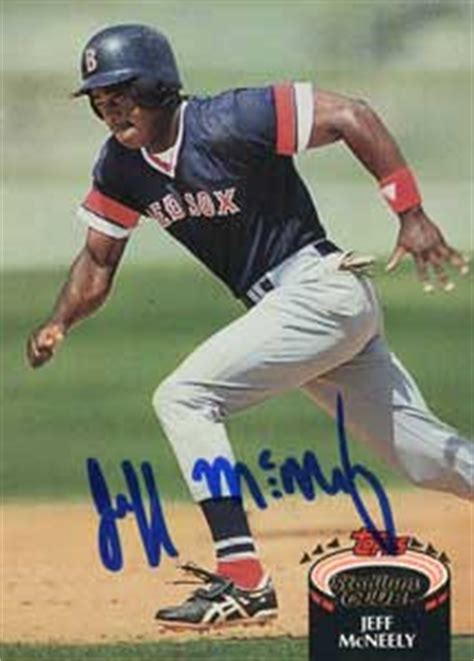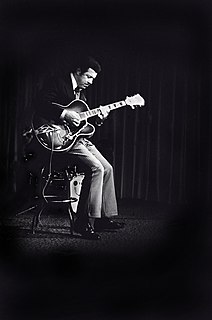A Quote by Richard Dawkins
The fact that life evolved out of nearly nothing, some 10 billion years after the universe evolved out of literally nothing, is a fact so staggering that I would be mad to attempt words to do it justice.
Related Quotes
Back in the really early days, the men went out hunting, the women stayed home with the kids, and would hold the kid in one arm against the heart, so that's the left, and with the right arm they would throw. And it turns out you cannot make that calculation in real time. You have to have an algorithm set up. So these brain mechanisms evolved in order to do that, and when they evolved, the thing is that where there is a useful capability it often adapts to places it wasn't evolved for.
Our planet has been around only for four and a half billion years. Let's imagine a planet that has life on it such as life is on Earth and it's seven billion years old. Let's say that planet evolved intelligence. Well, that intelligence would be way more advanced than what we call intelligence here on Earth. How long has intelligence been around on Earth as we've come to define it?
Darwin and his successors have railed against the fallacy of confusing the current utility of a trait with the reason the trait evolved. For example, Darwin argued that skull sutures in mammals did not evolve because they facilitate live birth; the sutures were in place well before live birth evolved. Checking the chronological order in which different traits evolved in a lineage is one way to test an adaptive hypothesis; the fact of common ancestry is what makes that checking possible.
I think that, if aliens did exist, they would exist at a higher frequency. Being at a higher frequency, you would have to be more evolved than what we consider to be evolved. If there were aliens, I personally believe they would have to resonate at a higher frequency to be able to time travel, or to blink in and out of dimension.
Joyous Sound evolved from a gospel influence. Actually it evolved out of sitting at a piano and just picking out a riff, a gospel type riff. It just seemed to come joyously-something about the song, about living in another place of joyous sounds. I'm not quite sure-that's one I'm trying to analyze. It just came out.
It is a fallacy to think that carping is the strongest form of criticism: the important work begins after the artist's mistakes have been pointed out, and the reviewer can't put it off indefinitely with sneers, although some neophytes might be tempted to try: "When in doubt, stick out your tongue" is a safe rule that never cost one any readers. But there's nothing strong about it, and it has nothing to do with the real business of criticism, which is to do justice to the best work of one's time, so that nothing gets lost.
I remember nothing about it except a philological fact. My mother said nothing about the dragon, but pointed out that one could not say 'a green great dragon', but had to say 'a great green dragon'. I wondered why, and still do. The fact that I remember this is possibly significant, as I do not think I ever tried to write a story again for many years, and was taken up with language.


































